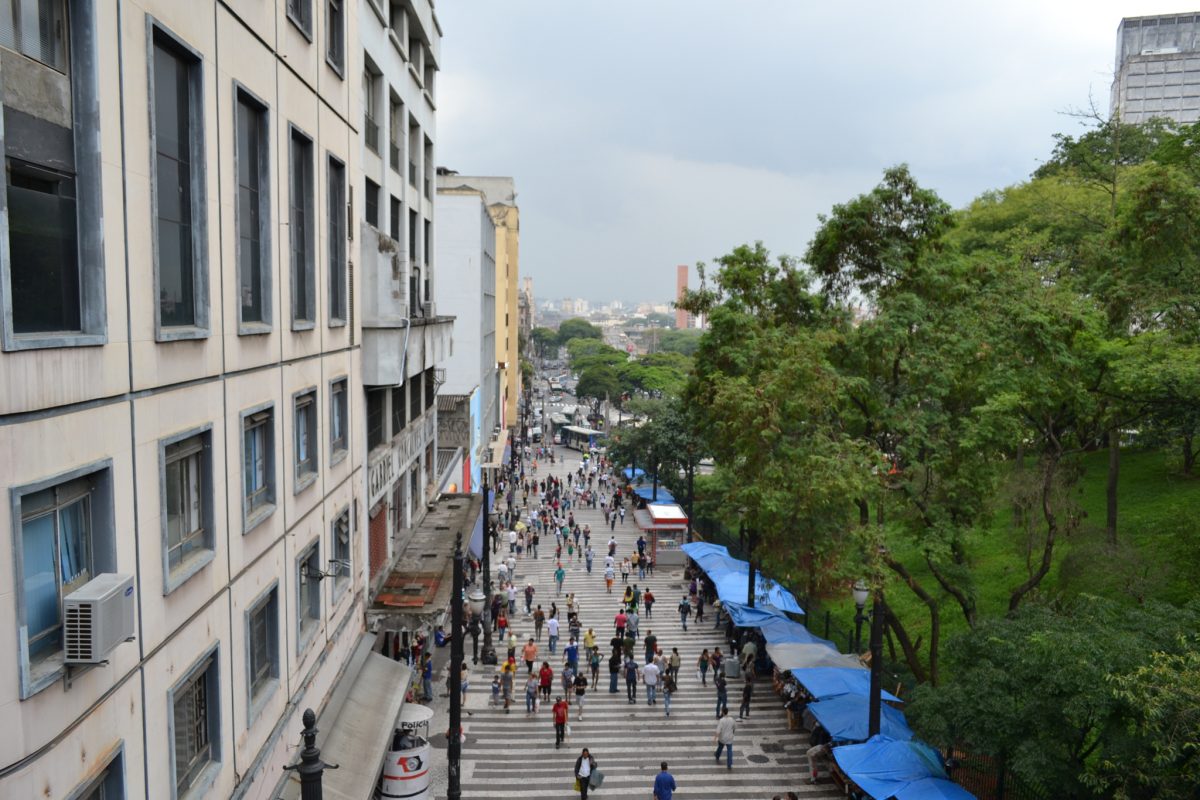By Daniel Barragan (Posted: September 10, 2014)
Gobiernos de América Latina y el Caribe se reúnen en San José de Costa Rica para tomar importante decisión que se espera fortalezca el respeto a los derechos humanos y la protección del medio ambiente. Gobiernos de 18 países de América Latina y El Caribe se reúnen en San José de Costa Rica los días 10 y 11 de septiembre para avanzar hacia un instrumento que asegure a la ciudadanía acceder a información de interés público, participar en las decisiones de desarrollo, y tener acceso ala justicia en materia ambiental. Estos tres pilares (información, participación y justicia) son los llamados derechos de acceso y se encuentran contemplados en el Principio 10 de la Declaración de Río de la Cumbre de la Tierra de 1992. Esta cita de gobiernos puede parecer distante de cualquier persona, sin embargo, tendrá un gran impacto sobre la vida de millones en el mediano plazo. La decisión que los Gobiernos acuerden en San José establecerá la naturaleza del instrumento y los estándares mínimos sobre los derechos de acceso a la información, la participación y la justicia en asuntos ambientales que los Gobiernos deberán cumplir. Muchas personas en América Latina y el Caribe sufren hoy las consecuencias e impactos de grandes proyectos industriales, extractivos y de infraestructura que ocasionan trastornos en sus formas de vida y de subsistencia, contaminación del aire y las aguas, cambios en el uso de la tierra, sin haber tenido la posibilidad de informarse oportunamente de estos proyectos. La falta de respeto a los derechos ambientales ha desencadenado un aumento significativo en los conflictos socio-ambientales en los países de la región, lo cual amenaza la gobernabilidad democrática y la paz social, además de la pérdida y deterioro de los recursos naturales de la región. Frente al aumento del nivel de conflictividad y ala necesidad de avanzar hacia un desarrollo sostenible debido a la crisis ambiental de la región, resulta necesario contar con un tratado internacional con obligaciones claras y robustas, fundado sobre los siguientes elementos claves:
- Sin la garantía del derecho ala vida, a vivir en un medio ambiente sano, al agua y la salud no habrá desarrollo sostenible posible.
- Los derechos de acceso (los tres pilares del Principio 10) son esenciales para la democracia. El desarrollo sostenible no es un proceso vertical de toma de decisiones, sino que exige la participación informada de la sociedad para lograr una ciudadanía activa y comprometida con el desarrollo.
- El instrumento sobre el Principio 10 debe establecer estándares mínimos que los Estados deban cumplir para fortalecer progresivamente cada uno de los derechos de acceso, así como mecanismos efectivos que aseguren su cumplimiento.
Confiamos que los Gobiernos signatarios de la Declaración sobre el Principio 10 que atenderán esta Reunión, organizada por la Comisión Económica para América Latina y el Caribe CEPAL y el Gobierno de Costa Rica, acordarán un contenido mínimo que esté acorde con los desafíos que hoy enfrenta la región para fortalecer los derechos de acceso y la democracia ambiental, y así avanzar hacia un desarrollo sostenible. Esperamos que este resultado anime a otros Gobiernos a sumarse a esta iniciativa regional. Las siguientes organizaciones de la Iniciativa de Acceso apoyan este comunicado:
- Fundación Ambiente y Recursos Naturales. Argentina
- Artículo 19. Brasil
- Asociación Ambiente y Sociedad. Colombia
- Centro de Derecho Ambiental y de los Recursos Naturales (Cedarena). Costa Rica
- Fiscalía del Medio Ambiente. Chile
- Centro Ecuatoriano de Derecho Ambiental. Ecuador
- Unidad Ecológica Salvadoreña. El Salvador
- Instituto de Honduras de Derecho Ambiental. Honduras
- Cultura Ecológica. México
- Comunicación y Educación. México
- Centro Mexicano de Derecho Ambiental. México
- Centro de Incidencia Ambiental. Panamá
- Andrea Sanhueza. Miembro individual. Chile
Socios TAI de contacto: Daniel Barragán.Centro Ecuatoriano de Derecho Ambiental. Ecuador. dbarragan@ceda.org.ec Andrea Sanhueza.andreasanhuezae@gmail.com

